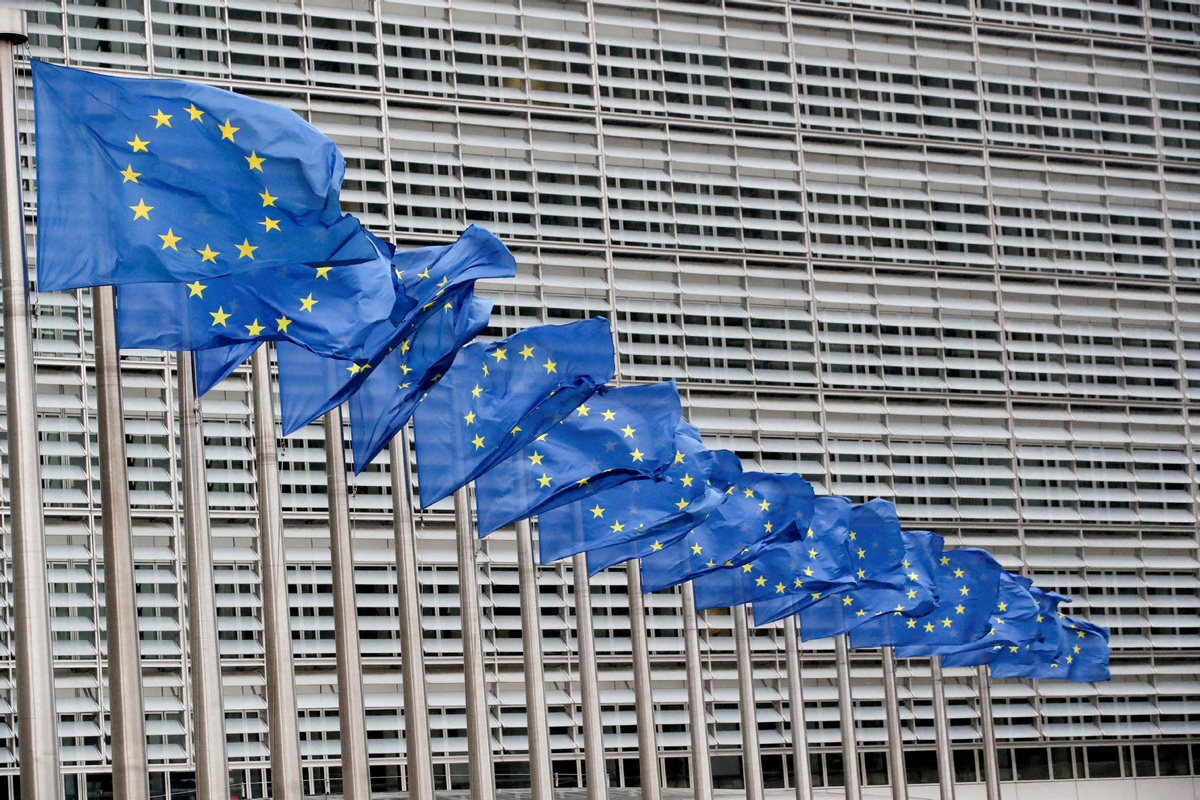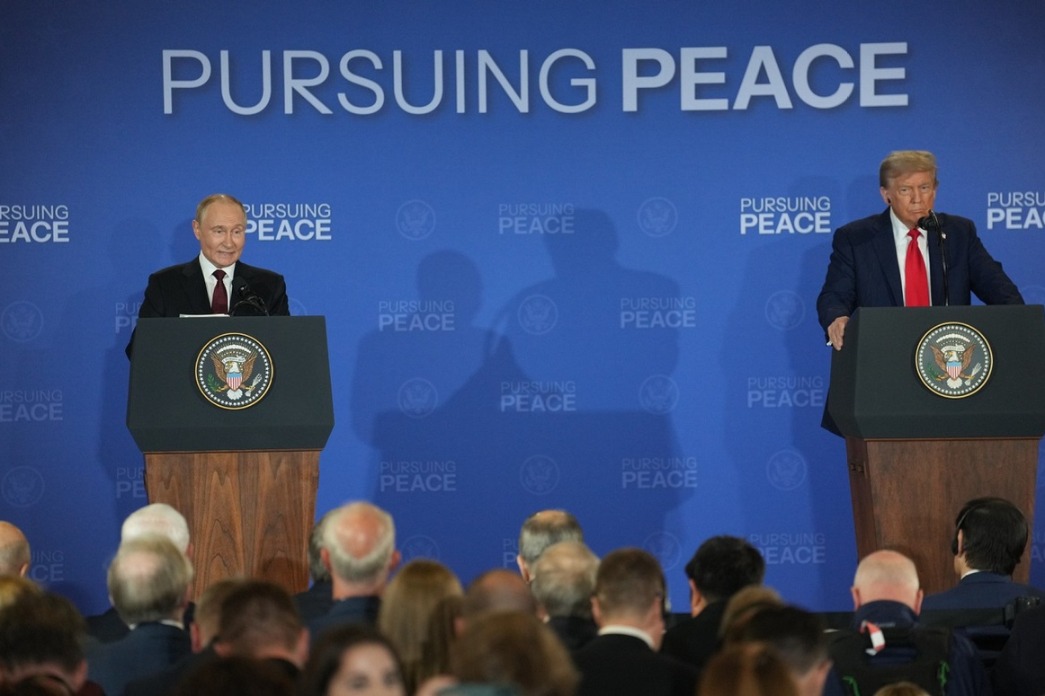Without autonomy, EU will continue to be on the menu


That some European leaders will join Ukrainian President Volodymyr Zelensky to meet US President Donald Trump in Washington shows their concern that Kyiv will not be treated "fairly" in any potential deal and Europe's security concerns will not be addressed by an end to the Ukraine crisis negotiated between the United States and Russia.
The Zelensky-Trump meeting comes shortly after a three-hour dialogue between the US leader and his Russian counterpart in Anchorage, Alaska, the first of its kind since Trump took office in January. And it is widely believed that the meeting between the US and its allies will touch upon some key issues, such as whether Ukraine will need to cede territory for a deal.
Since the majority of the North Atlantic Treaty Organization members have agreed to raise their defense spending from 2 percent of GDP to 5 percent, most of which will be spent buying US weapons, and the US has already inked a mineral resource agreement with Ukraine, the Trump administration has already leveraged the conflict to get the maximum gains it can from Ukraine and European countries.
After that Washington has turned attention to try and broker a ceasefire so it can see what the US can seek to get from Russia.
To this end, it has been hammering home the fact that without the support of the US, Kyiv and the European countries would not be able to sustain the conflict, not to mention hold the front line where it is.
It is the European Union that has put itself in such a difficult position by ending its pursuit of autonomy initiated by former German chancellor Angela Merkel during her time in office from 2005 to 2021.
During Merkel's tenure as the German leader that had unique influence on the EU, the bloc tried to keep a balance between the US and Russia and acted with its due confidence on the world stage as one pole of a nascent multipolar world.
But after Merkel's retirement, the EU has thrown itself into the arms of the US. Many industrial, technological, as well as economic and trade policies that had proved effective in enabling the EU to stand on its own feet during Merkel's days have been dropped.
Blindly following Washington's foreign and geopolitical policies has not made the EU safer but a buffer zone and a coffer-filler for the US. It is no coincidence that the Russia-Ukraine conflict broke out less than two months after Merkel's retirement.
So given the huge gap between what the EU wants and what it has, there might be even fiercer discussions between the European visitors and their US hosts in Washington this week than the widely televised meeting between Zelensky and Trump in the White House in late February.
Compared with then, the US has steadily advanced its agenda on the Ukraine crisis. Now it is time for Kyiv and its European supporters to accept the painful fact that they lack the necessary means to defend their own core interests in not only the conflict but also in their dealings with the US.
The EU is now experiencing the consequences of its choice over the past few years. It has to accept that the US is a self-centered ally that is ready to loot a burning house.
It will certainly take a long process to resolve the Ukraine crisis. Even so, none of the stakeholders, except the US, might feel happy with the final deal.
At least if the end of the crisis can serve to prompt the EU to resume its pursuit of autonomy, the blood will not have been shed in vain. But before the EU grasps its own fate in its hands, it will continue to be on the menu.

































